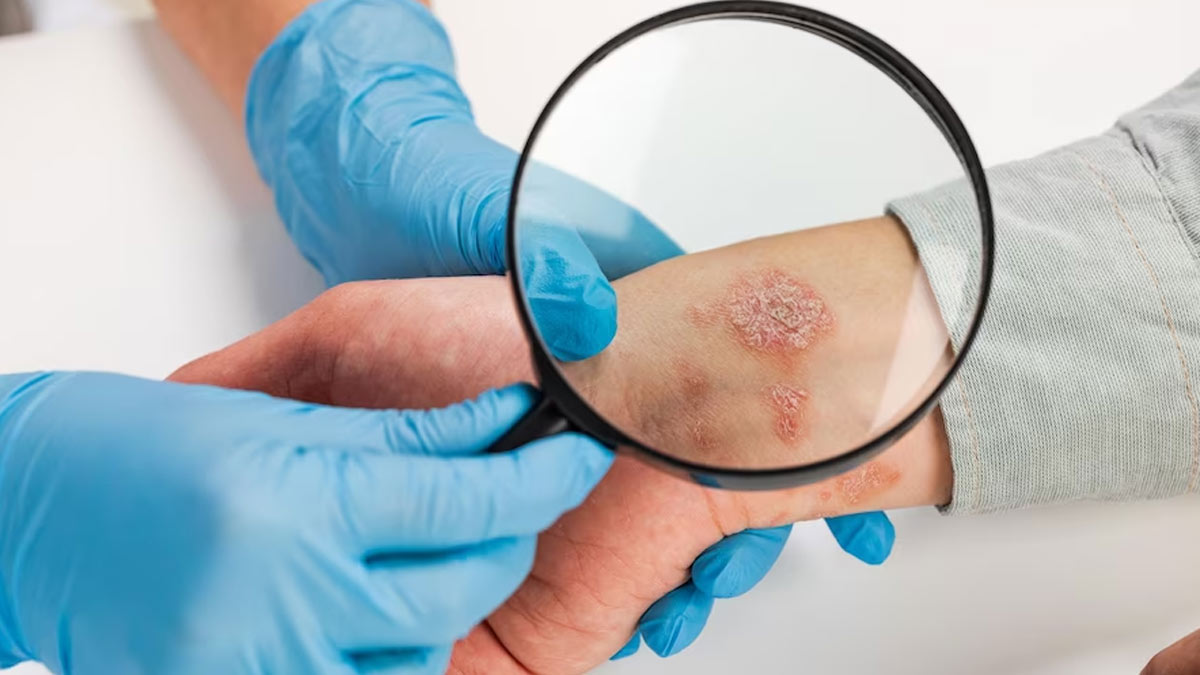
It has long been advised by countless medical experts, that unprotected and prolonged exposure to the sun can cause skin cancer. Melanoma, a deadly form of skin cancer, has been prevailing since forever and has been on the climb in recent times. Scientific research has studied numerous aspects of this morbid disease, and a recent study conducted by researchers at McGill University has revealed that men and wealthy people are most prone to the clutch of melanoma.
Table of Content:-
Beach Vacations Cause Skin Cancer

The study hypothesised that as per current estimates, up to one in three Canadians will develop some form of skin cancer during their lifetime. To reach the depth of the factors that influence the manifestation of melanoma, the researchers compared the duration of UV exposure and the income, education, gender, and some other factors among different groups in Atlantic Canada.
Their analysis made it clear that among the studied group, higher-income individuals were more prone to melanoma. This privilege is afforded to them as they spend more time sunbathing on beach vacations and using tanning beds to make up for the lack of sunbathing on a beach vacation. This risk factor was further solidified by the high presence of skin cancer in individuals with university education who had higher rates of recreational sun exposure.
Also Read: Skin Cancer: Types, Causes & Preventive Measures
One of the authors of the study, Dr Ivan Litvinov, Associate Professor, Department of Medicine, Chair, Dermatology Division, McGill University shared, "A higher socio-economic status is known to be associated with more vacations in sunny climates and recreational tanning, which likely ultimately drives melanoma incidence in this population.”
Working Outdoors Is A Risk Factor For Melanoma

The study further revealed that people in the control group, who had an income of less than $50,000 a year, were highly prone to skin cancer. The reason being, that these people often had to suffice to occupations that obligated them to work outdoors under the sun.
The researchers are of the opinion, that this occupational hazard affected men more than women, because of the male scepticism to use sunscreen and other cosmetic products. The study also relayed that throughout their lifetime, men were more likely to report sunburns as well as occupational and recreational sun exposure. Additionally, women are usually more concerned about new moles and hence are more likely to seek medical advice. This could enable them to detect problematic symptoms before time and ultimately save them from skin cancer.
Also Read: Abnormal Mole Or Skin Growth? Experts Explains Detection And Types Of Melanoma
Women on the other hand are known to be prone to melanoma in their extremities, as they tend to wear fewer long-sleeve shirts and frequent tanning bed appointments. These behaviours, the researchers say, may explain findings in a previous study that show women are more likely to develop melanoma in their extremities.
The Importance Of Using Sunscreen Daily
If anything this study has underscored, it is that god helps those who help themselves. That is the only reason why people born with a silver spoon, or the acumen to reach a point where they can be the providers of a silver spoon, are more prone to skin cancer, despite a surplus of resources that can afford them the best medical care. This study has highlighted the need for a much more vigilant approach against sun damage and prolonged sun exposure.
There is a reason why sunscreen is named so. In today’s highly polluted, overcrowded, and hazardous time, sunscreen could quite literally be your only hope against skin cancer. "To prevent skin cancer, people really need to act on the knowledge they already have. Applying sunscreen is one of the effective ways to prevent skin cancer," said Dr Litvinov. Hence it is essential for anyone spending too much time outdoors, to protect themselves from harmful UV rays, and never step out of the house without sunscreen.
The researchers also advised that public health organisations need to be cognizant of this threat to outdoor workers and establish policies to safeguard lower-income individuals.
Also watch this video
How we keep this article up to date:
We work with experts and keep a close eye on the latest in health and wellness. Whenever there is a new research or helpful information, we update our articles with accurate and useful advice.
Current Version